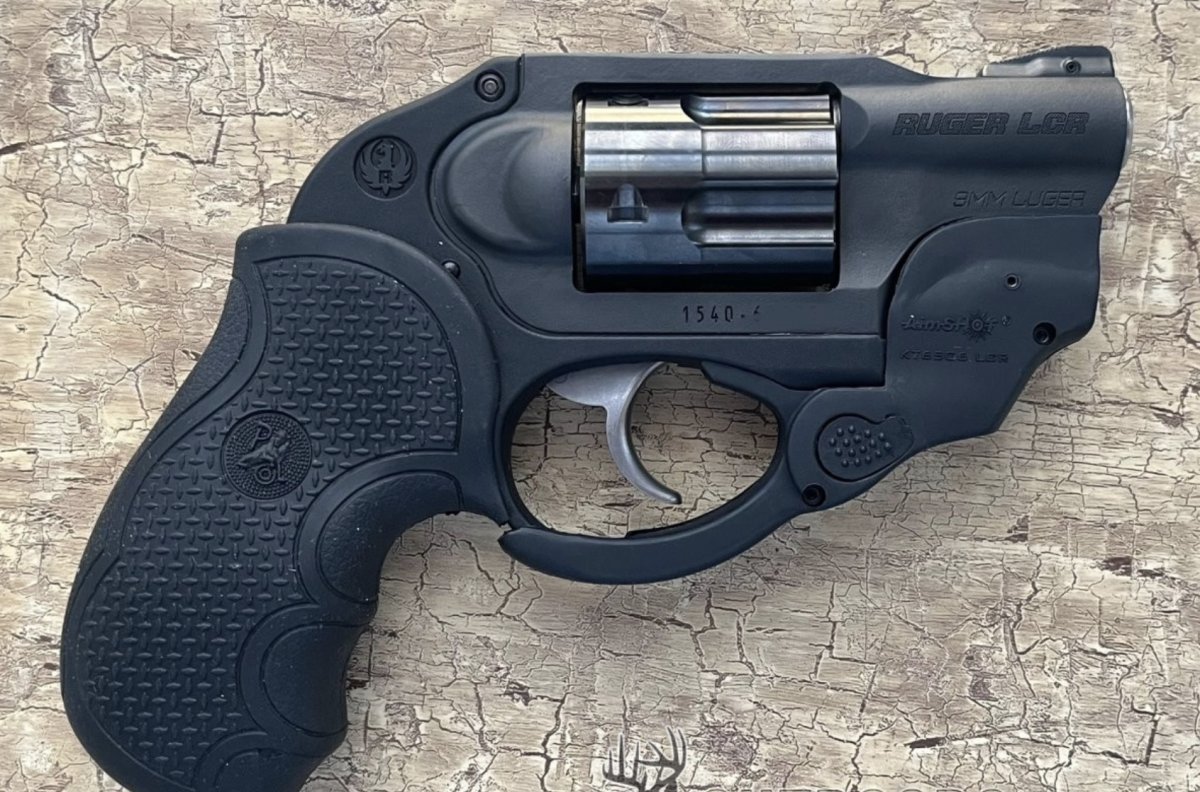Or split the difference and go with the Hornady “Critical Duty 135 gr +p. Good enough for the G
I’ve been looking hard at this load. It’s a helluva performer.
Thinking of getting a group buy together to purchase bulk and get a pricing break. Retail is around $1/round.








